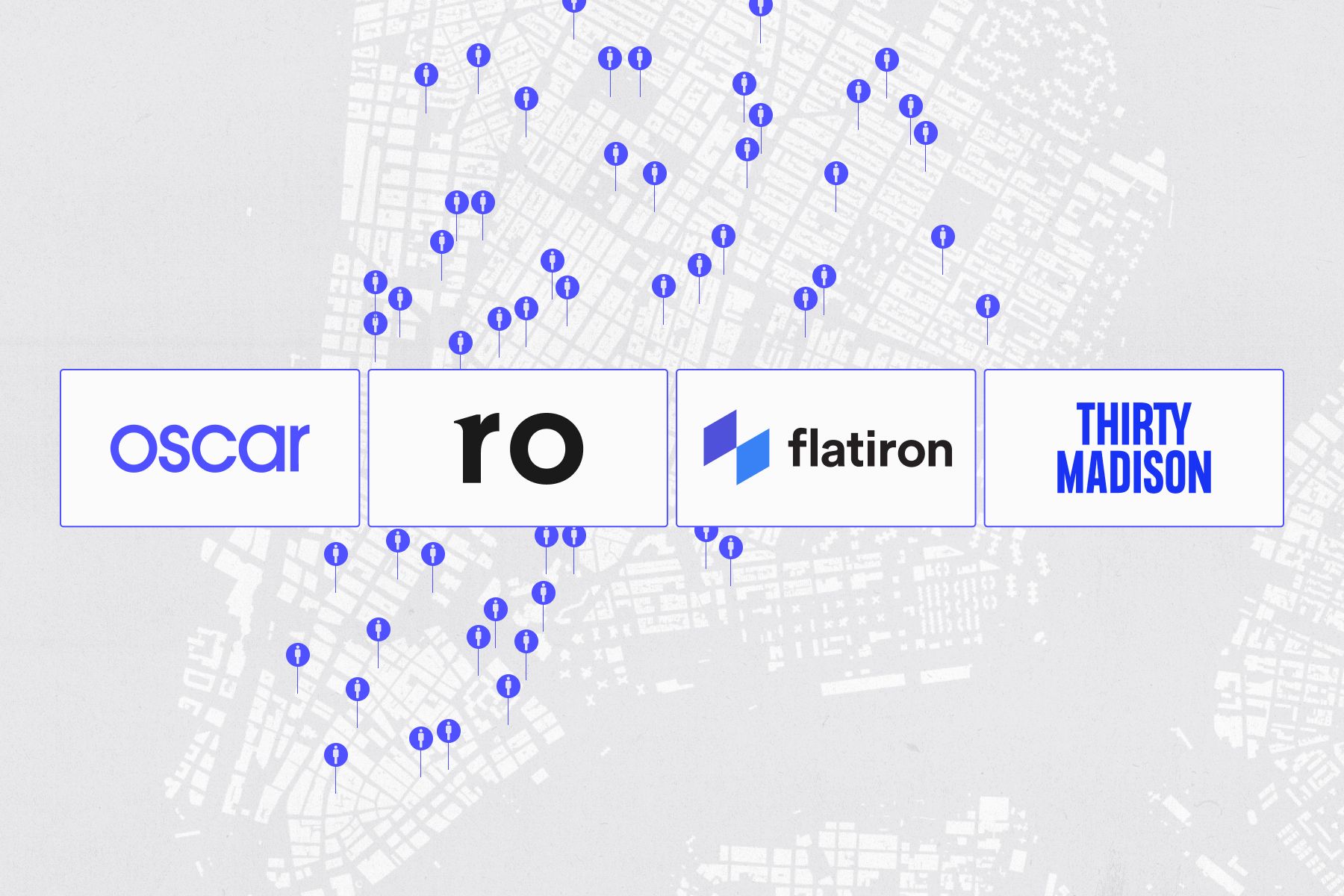Will Healthcare Change for Good?

Covid-19 is making everyone rethink ways in which healthcare is delivered, and accelerating the pace of change towards digital. Jan Hammer and Martin Mignot speak with Jean-Charles Samuelian-Werve, Alan’s co-founder, and Juliet Bauer, LIVI’s managing director and former chief digital officer of NHS England, about the impact of Coronavirus – and why the changes it’s bringing could be the silver lining of the crisis.
Politics is typically a matter of tweaking, tinkering and fine-tuning. It requires a real shock to open up some space to fundamentally reimagine existing structures. This was precisely the situation that European countries found themselves in after the Second World War, when governments created universal healthcare systems to boost the wellbeing of citizens in their bruised and weary nations.
Today, Covid-19 could prove to be a similar kind of jolt. Quite suddenly, almost everything that physicians, patients and politicians thought about how healthcare needed to be delivered has been called into question.
In the span of a few weeks, the UK estimates suggest that digital or phone consultations have gone from about 15 percent of primary care appointments to around 92 percent. The crisis has also forced the different, often still disconnected, parts of the healthcare system to talk to each other and become more proactive in sharing patient information to improve outcomes, noted Juliet Bauer, the managing director of Swedish startup LIVI, and former chief digital officer of NHS England. LIVI offers online doctor consultations to patients in the UK, France, Germany, Sweden and Norway. It has 2,500 doctors on the platform, has delivered 1.7 million consultations across Europe and is experiencing twice the demand since the Covid-19 outbreak.
For some time now, the roadblocks to digitisation in healthcare have not been technological, but cultural. Those barriers are now falling and interests are aligning.
Many doctors perceived digitisation as a threat – a stalking horse for cost-cutting and a way of undermining their knowledge and professionalism. But with the need to contain the spread of Covid-19, doctors have turned from resisting telemedicine to becoming its staunchest supporters, says Bauer. ‘It’s hard to envisage digital transformation until it’s thrust upon you. Physicians use these tools on their phone, but it takes living through a crisis to grasp that digitising health isn’t impossible – on the contrary, there’s been no other choice. Data-sharing and digital consultations are what’s keeping the primary care system afloat.’
Not only will it be hard to go back to the old ways of appointments and waiting rooms, but the move to digital will lead to a more fundamental shift that goes well beyond the doctor-in-an-app conversation that has been the focus of the discourse so far.
‘Efficiency isn’t really the endgame here. Digital medicine is about improving healthcare outcomes, and being able to do it in an equitable way,’ says Jean-Charles Samuelian-Werve, co-founder and CEO of French healthcare start-up Alan, which has just raised €50 million from investors, including Index, to help deliver on its far-reaching vision for healthcare.
Alan’s broader ambitions are to become a holistic tool for helping citizens manage their wellbeing, a single place that serves up personalised and proactive health services. This involves being trusted as a repository of authoritative information, as well as a place that patients can store their data securely. ‘These days people don’t want to be passive receivers of healthcare. By creating a single digital portal for an otherwise fragmented health landscape, we help them get better treatment and offer higher quality medical time,’ Samuelian-Werve says. ‘The vision is to build a frictionless and fair system accessible to everyone.’
Health officials are now taking note. Instead of seeing healthcare as widgets on a factory line – rolled out according to an industrial-era logic of top-down standardisation – administrators and system designers are looking to the bottom-up mindset of startups, who can grow efficiently by deploying user data to offer personalised, high-quality experiences at scale.
In the long-run, the benefits of digitalisation should be felt by both doctors and patients. With the promise of access to richer data about patients and their histories, digital health tools improve the capacity for clinicians to intervene preventatively – saving money and lives in the long-run. At the same time, citizens are growing dissatisfied with a ‘one size fits all’ model of centralised, state-controlled health services, and demanding greater autonomy and control in their journey through the system.
No longer are digital and physical consultations locked in a battle with one another – rather, in the aftermath of Covid-19, we’re likely to be left with a hybrid model, where apps help structure and enrich the experience of seeing your doctor, rather than simply serve as a substitute for it.
‘What’s positively surprised us is the depth of responsibility people feel towards their healthcare systems, and towards helping healthcare workers do their jobs,’ Samuelian-Werve of Alan told us. ‘There’s a real sense of willingness to take [one’s own] responsibility and build better health architecture as a community.’
The big question is what happens in the aftermath of Covid-19 – and whether these changes stick, or whether there’s a risk of backsliding.
Our new era of digital health comes with many challenges that require serious public debate and discussion: about patient privacy and monitoring, how costs are distributed, reforms to medical training, and how to ensure that digital medicine is truly inclusive. But like 20th century policymakers of the postwar period, we need to recognise this moment for what it is, and not let it go to waste. The wellbeing of our societies depends on it.
Published — April 20, 2020

